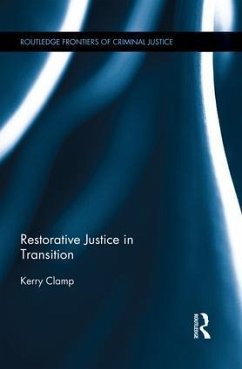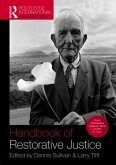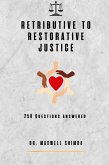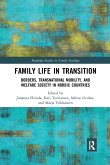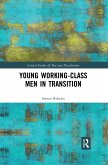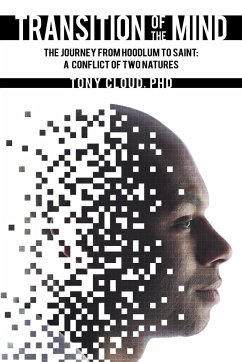This book explores how restorative justice is used and what its potential benefits are in situations where the state has been either explicitly or implicitly involved in human rights abuses. Restorative justice is increasingly becoming a popular mechanism to respond to crime in democratic settings and while there is a burgeoning literature on these contexts, there is less information that focuses explicitly on its use in nations that have experienced protracted periods of conflict and oppression. This book interrogates both macro and micro utilisations of restorative justice, including truth commissions, criminal justice reform and the development of initiatives by communities and other non-state actors. The central premise is that the primary potential of restorative justice in responding to international crime should be viewed in terms of the lessons that it provides for problem-solving, rather than its traditional role as a mechanism or process to respond to conflict. Four values are put forward that should frame any restorative approach - engagement, empowerment, reintegration and transformation. It is thought that these values provide enough space for local actors to devise their own culturally relevant processes to achieve longstanding peace. This book will be of interest to those conducting research in the fields of restorative justice, transitional justice as well as criminology in general.
Hinweis: Dieser Artikel kann nur an eine deutsche Lieferadresse ausgeliefert werden.
Hinweis: Dieser Artikel kann nur an eine deutsche Lieferadresse ausgeliefert werden.

